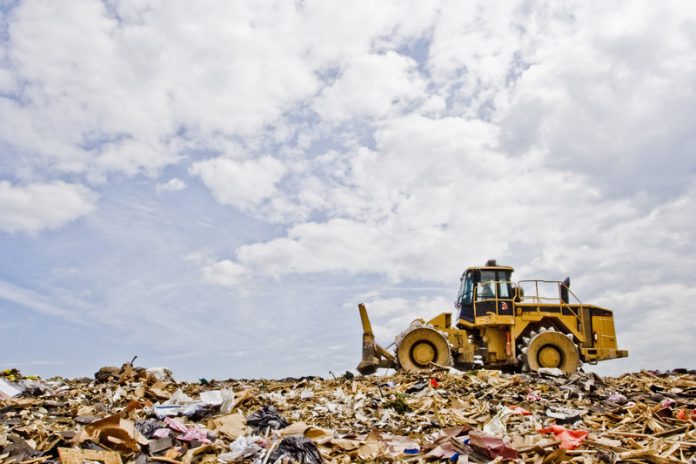Indaver specialise in turning waste into energy using state-of-the-art plants. Here they outline the many benefits this process has to our economy, both locally and nationally
People often think that waste sent to an Energy from Waste (EfW) plant is incinerated, disappears and is lost to society, in the same way that waste sent to a landfill site is buried and never seen again. It’s a topic many don’t know the ins and outs of, and there is a lack of education when it comes to looking at the full story. Many jump to conclusions about incinerator plants based on how they look and the so-called ‘waste’ they produce. However, what many are uninformed about is their impact on our economy.
The war on residual waste
Landfill sites for many years have been the social norm for disposing of our rubbish but in the past have caused a huge amount of damage to our environment. The items that end up in landfill are often plastics, cardboard and clothing that’s been contaminated or damaged in some way, and other non-recyclables. These items when burned by Waste to Energy plants produce ash, which enables non-combustible materials to be extracted that would otherwise be lost to landfill. When processed, the materials can be sold as an aggregate for use in construction. There is often also metals in residual waste that could have been recycled but it doesn’t get segregated by households and this too can be recovered. Seemingly unimportant ‘residual’ waste – that is waste that is left over after recycling – has actually got a value and puts something back into the economy.
Putting municipal waste to best use
Waste management plants’ ability to produce electricity and export to the National Grid is often overlooked. These plants allow us to get value from waste and, in turn, put it back into powering our homes. In conjunction with this, they sometimes produce hot waste and steam, acting as a Combined Heat & Power (CHP) plant, benefiting neighboring industries or district heating schemes. This can all be done by one plant using tried and tested technology.
Community benefits
EfW plants often provide huge investments to their surrounding communities. The specialised technology may come from abroad, but civil engineer contracts, support services and labour are often local, therefore creating jobs. Not only this, but once the plant is operational, many of their planning permissions state that a portion of their profits are to be invested back in to the local community. This includes helping to fund sports clubs, local businesses and schools in the vicinity, so the local economy inevitably benefits.
Save on exporting costs
Currently the UK pays to export around 3 million tonnes of waste per year to European EfW plants, where they can gain value from the waste by producing electricity, heat and steam. EfW plants being constructed in the UK allow for less of our waste to be exported abroad, cutting the costs down of sending it overseas. We are able to take more control of our waste, disposing of it efficiently and helping put money and energy back into the country.
The UK imports electricity from the continent via electricity inter-connectors. So, we are currently paying to import electricity that may well have been generated by UK waste, that we paid other countries to take off our hands in the first place! EfW plants allow us to generate the electricity we need, generate value from waste, and help cut down the costs spent elsewhere.











